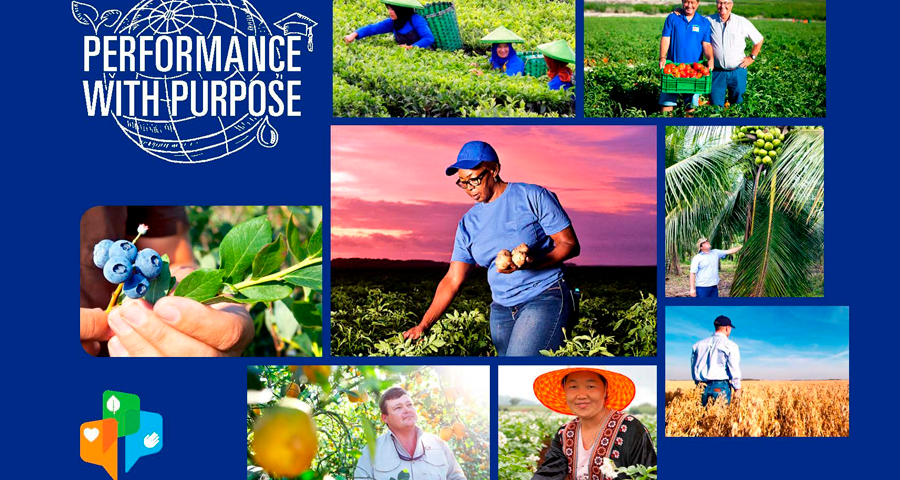PepsiCo bets on sustainable agriculture in Latin America

The food and beverage giant PepsiCo has opted for its Sustainable Agriculture Program in Latin America, where in addition to providing raw material for its processing industry, it is contributing to the development of a “4.0” agriculture model.
Its objectives include reducing the carbon footprint of the value chain by financing the technological modernization of its farmers and training them in storage, irrigation, nutrition practices, or employee standards, all of which is certifiable. According to a sustainability report presented in September by the CEO and president of the company, Ramon Laguarta, in 2018, half of the agricultural raw material and 100% of the potatoes that PepsiCo received were certified as coming from sustainable sources.
The Mexican company AgroJaba, located in the state of Nuevo Leon, signed a contract with the multinational to provide its potatoes, but also to “unlearn” what it knew about agriculture. Its owner, Francisco Chapa, is one of PepsiCo’s twenty potato suppliers in Mexico and has gone from producing 800 tons per year to about 27,000, driven by the alliance with the first industrial buyer of this tuber, which obtains some 280,000 tons per year, i.e. around 20% of the national product.
PepsiCo has a production plant in the city of Saltillo, in the state of Coahuila. This plant, which operates 23 hours a day, processes 2,300 kilos of potatoes per hour, which are locally produced, and generates 5,000 tons of snacks per month that supply all of northern Mexico, especially small neighborhood stores.
Like the rest of PepsiCo plants, Saltillo has water treatment facilities that have allowed it to reduce its use from 10 liters of water to 2 liters of water per kilo produced, and uses by-products such as sludge, which become compost, or starch, which, according to its food-grade, is reused in cookies or glue.
PepsiCo has been in Latin America for a century and it is aware that agriculture is “the foundation of the food system and the root of the business.” The firm’s goal is that by 2020 all of the agricultural raw materials it uses are certified as sustainable and, by 2025, it aims to reduce its water use by 15% in risk areas.
Source: EFE /eleconomista.net


